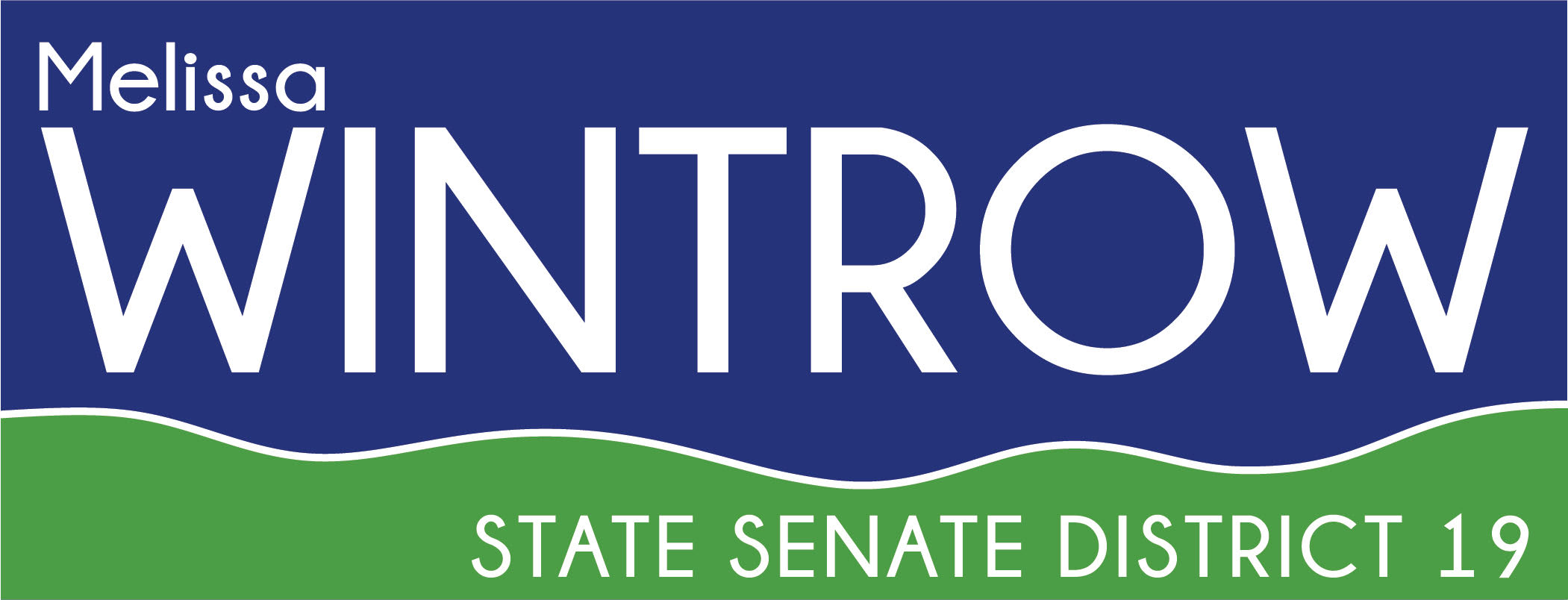Hope.
That is the word and the feeling that finally washed over me last night as I stood with thousands of masked community members as they reverently paid respect to George Floyd and many of the black people killed at the hands of police in the past. At the edge of the crowd, I watched thousands of people sit almost in unison, as the first speaker took the podium.
To watch a person plead for their life while being choked to death by a police officer, a white officer with his hand shoved in his pocket, calmly watching a black man die under his knee, while bystanders begged him to stop, is a horrifying reality and commentary on the way black individuals are treated in America.
Whitney, one of the speakers at the vigil, asked us to think of the victims who lost everything and the families who suffer from such an unnatural loss. She said, “leave tonight with a greater sense of duty and a stronger desire to address bias and discrimination against people of color.”
At this moment in time, it is essential to rise up and answer the call to examine what we (members of white dominant culture in particular) have learned from the most recent killing of George Floyd, the history of racism that surrounds his murder, and the outcry for justice. With that, I also think it’s important to be thoughtful and respectful to the voices who have been sharing this information and lived reality for a long time and haven’t been listened to. So, our response must not be reactionary, but mindful, compassionate, and intentional, centering the voices of people pushed to the margins and pushed to their limits.
We must strive to address the bias that exists in our institutions and work to be more inclusive and humane in our practices. Racism, sexism, homophobia, and prejudice are deeply ingrained in dominant culture, systems, and laws. Many white people are quick to point at the police and the system of policing and criticize, but we (white people) need to point that finger back at ourselves and admit that police departments reflect a larger, dominant white culture. America has a long, painful history of discrimination and racism. To interrupt the disease of racism and bias in policing, we must interrupt it in ourselves and start changing laws that reinforce and institutionalize racial injustice and economic inequities, as we have seen so clearly in the COVID pandemic.
In a recent essay from the LA Times, Kareem Abdul-Jabber described racism: “Racism in America is like dust in the air. It seems invisible — even if you’re choking on it — until you let the sun in. Then you see it’s everywhere. As long as we keep shining that light, we have a chance of cleaning it wherever it lands. But we have to stay vigilant, because it’s always still in the air…”
White people like me have a responsibility to stay vigilant and shine a light on the parts of our society that encourage violence and bigotry. George Floyd’s murder did not happen in a vacuum. Our institutions, laws, and attitudes created a world where a white police officer was not worried about the consequences of murdering a black man even while being filmed.
Confronting our bias and racism is the work that must be done. As a white person, it’s easy to feel guilt and shame that this has been happening for so long. Many white people are finally awakening to the particles of racism that have surrounded them in the darkness of ignorance. Keep the voices of our communities of color centered and stay focused on those voices as not to unintentionally take up space from what has to be done.
Last night’s vigil was a glimmer hope during an incredibly painful week. People across Idaho came together to imagine a better future by reflecting on the tragedies of the past. The vigil was a great start, and we have to continue to do this difficult, uncomfortable work every single day in all parts of our lives. It’s not enough to not be racist, we have to be anti-racist.
Hope.
